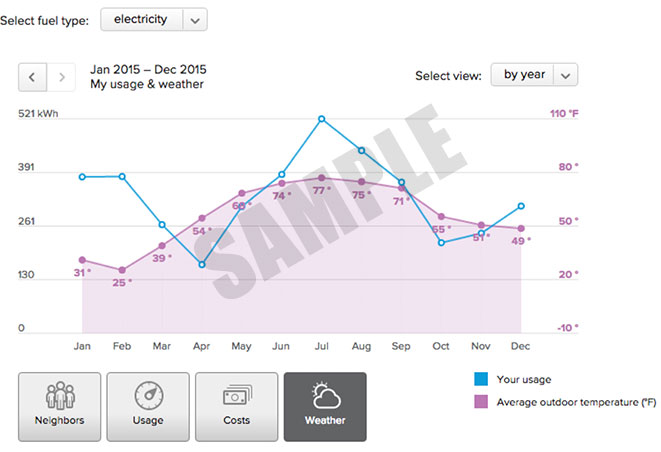I wonder if refrigerators/freezers will/already do come with timer/thermostats so they can help reduce energy use during peak rate periods?
-- Drop the temp in the 'fridge a few degrees just prior to the start of the peak so it can coast through the peak period without turning on (I can see the lettuce freezing already!)
-- Accelerate/delay the defrost cycles in the freezer so they don't occur during the peak period
-- Actively move the air from the freezer section to the fridge to keep the fridge within the desired temp range. This way the freezer serves as a "cold bank" for the fridge.
-- A modest, subdued, tasteful "chime" when the door is opened during the peak rate period to serve as a reminder to get the door closed without delay.
Obviously, the fridge comes on regardless of the utility rate if the temps threaten to go out of a safe range.
Ironically, none of these steps would save energy, they would actually increase energy use. But they help with this little game.

